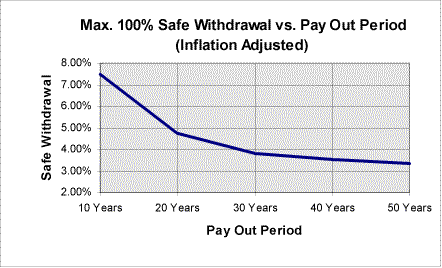If you spend your substantial excess capital, or donate it, then isn't it gone and no longer a problem? Perhaps we are unclear as to other issues you are referring to.
As for spending, believe me, the "end of life expenses" that I referred to can eat up substantial excess capital and solve that problem for you nicely (if you wish to spend your last days in comfort with the best of care).
It doesn't sound to me like the problem is
how to get rid of the money, but
when it is safe to start splurging. Like, maybe they are traveling where they want but would like to start going first class, but not if it's going to make them run out. But there's no reason to deprive themselves of luxuries if they have no one to leave the money to. That's the "problem", as I see it. I could be wrong.
It seems to me that if you've been withdrawing considerably less than 4% (or 3 or 3.5% if you want to be conservative), you can start withdrawing that amount, and also the amount you had not been withdrawing over the years is also safe for splurging. I would probably start with 3%, and see if you earmark that extra amount for luxuries, if it still makes sense.
So for example, say you started off with $5M 10 years ago, which at a 3% SWR rate lets you withdraw $150K/yr. But, say you've only been pulling out $100K/yr, leaving $50K in the nest egg each year.
Now, you could withdraw $150K/yr, plus you could earmark 10 years of the $50K you hadn't been touching, or $500K, for your luxury fund to spend anytime. This actually ignores what the $500K has been earning over those 10 years, but the last 10 years haven't been great for most of us anyway.
Then you do a sanity check on what your net worth is now, and whether it makes sense to essentially take $500K out of it, and still withdraw $150K/yr.
Or maybe I missed the whole point.


